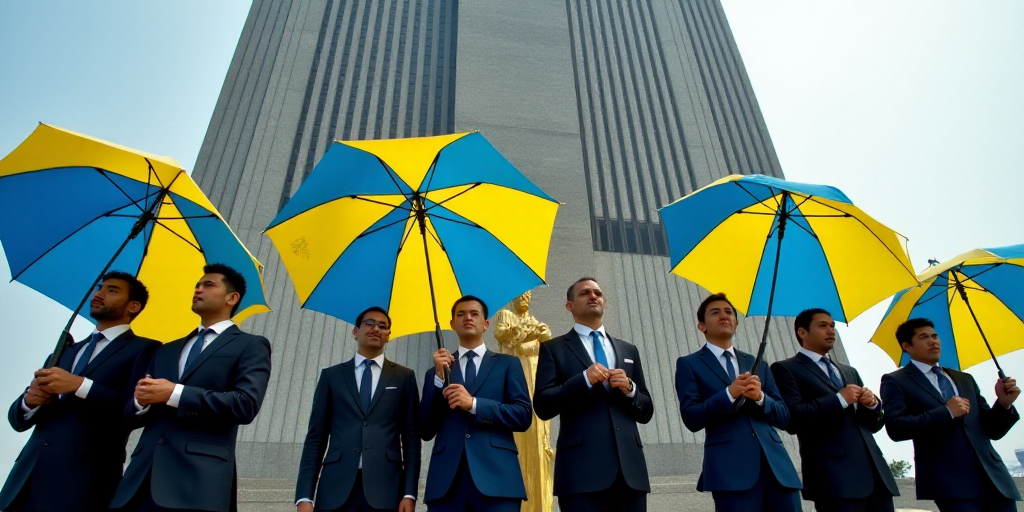Background on Key Figures and Context
Ukraine’s President, Volodymyr Zelensky, has proposed a new round of peace talks with Russia next week in an attempt to revive stalled negotiations since early June. The previous two rounds of talks in Istanbul between Moscow and Kyiv failed to make progress towards a ceasefire but resulted in agreements for prisoner exchanges and the return of fallen soldiers’ remains.
Rustem Umerov, Secretary of Ukraine’s National Security and Defense Council, informed Zelensky about the proposed meeting with the Russian side for the following week. Zelensky emphasized the need to expedite the momentum of negotiations.
Zelensky reiterated his willingness to meet face-to-face with Russian President Vladimir Putin, stating that a leadership-level meeting is necessary to ensure genuine and lasting peace.
During previous talks, Russia outlined harsh demands, including Ukraine ceding more territory and rejecting any form of military support from the West. Kyiv dismissed these demands as unacceptable ultimatums and questioned the point of continuing negotiations if Moscow was unwilling to make concessions.
The Kremlin recently stated its readiness to continue talks with Ukraine following US President Donald Trump’s warning that Russia had 50 days to reach a peace agreement or face sanctions.
Key Points of Proposed Peace Talks
- Ukraine proposes new peace talks with Russia next week
- Previous negotiation rounds in Istanbul failed to achieve a ceasefire
- Agreements reached included prisoner exchanges and return of fallen soldiers’ remains
- Russia’s harsh demands included Ukraine ceding more territory and rejecting Western military support
- Kyiv dismissed Russia’s demands as unacceptable ultimatums
- Kremlin expressed willingness to continue talks after Trump’s warning of potential sanctions
Zelensky’s Stance and Next Steps
President Zelensky stressed the importance of accelerating negotiation progress and expressed his readiness to meet Putin directly for a lasting peace. He believes that only a leadership-level meeting can guarantee genuine and durable peace.
Despite Russia’s unyielding demands, including territorial concessions and rejection of Western military support, Zelensky remains committed to dialogue. He hopes that renewed talks will lead to a peaceful resolution of the conflict.
International Context and Pressure
The proposed peace talks come amidst international pressure, particularly from the United States. President Trump warned Russia of potential sanctions if a peace agreement was not reached within 50 days. This external pressure aims to encourage both parties to engage in meaningful negotiations and find a peaceful resolution to the conflict.
Key Questions and Answers
- What is the purpose of the proposed peace talks? Ukraine aims to revive stalled negotiations and work towards a lasting ceasefire with Russia.
- What were the outcomes of previous negotiation rounds? Although no ceasefire was achieved, both parties agreed on prisoner exchanges and the return of fallen soldiers’ remains.
- What were Russia’s harsh demands during previous talks? Russia demanded that Ukraine cede more territory and reject any form of military support from the West.
- How has Kyiv responded to Russia’s demands? Kyiv dismissed Russia’s demands as unacceptable ultimatums and questioned the point of continuing negotiations without concessions from Moscow.
- What international pressure is influencing the proposed talks? The United States, under President Trump, warned Russia of potential sanctions if a peace agreement was not reached within 50 days, encouraging both parties to engage in meaningful negotiations.






